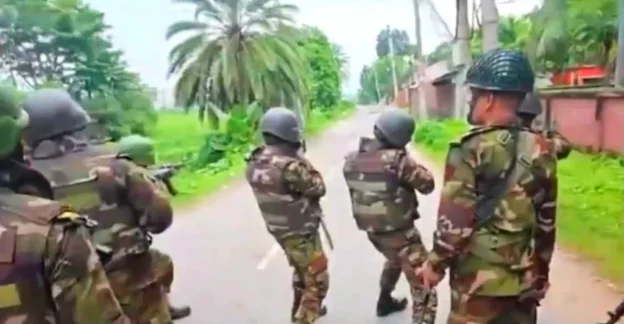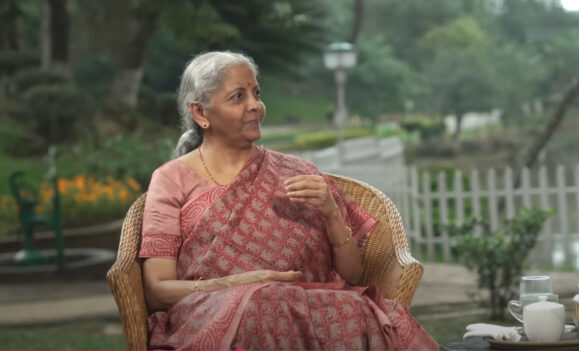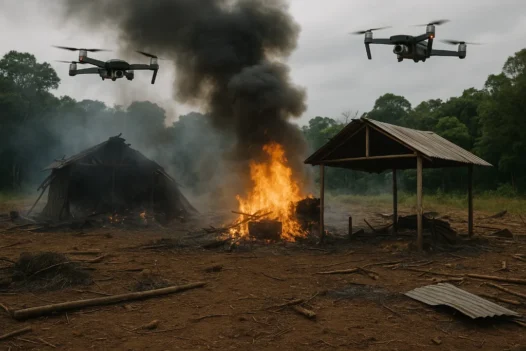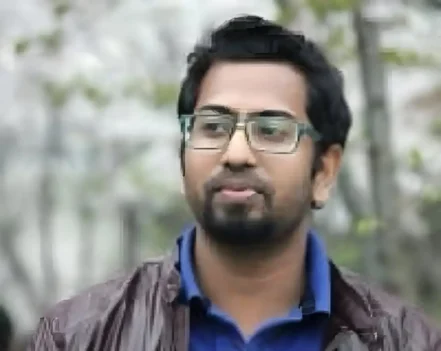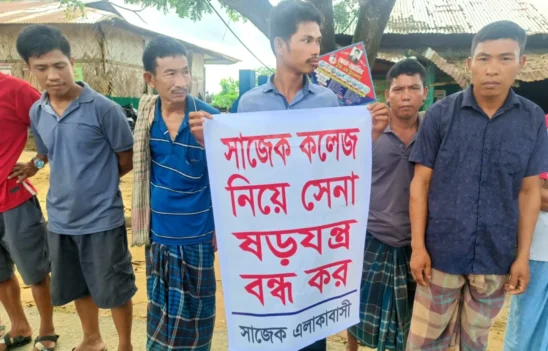Manipur has been reeling under an internet lockdown ever since the violence and ethnic riots started on May 3, 2023, following the rally organised by the All Tribal Students’ Union of Manipur (ATSUM). Broadband and mobile data services were disbanded by the Commissioner (Home) of Manipur, to quell the rapid spread of fake news, hate speech, and misinformation via social media and messaging platforms.
The internet ban has brought “normal life” to a standstill with many digital businesses and remote workers voicing their grievances against the crisis due to the disastrous impact on their livelihoods. Remote workers have had to relocate to places with internet connectivity, and students have struggled to pay rents and grocery bills due to the lack of internet.
Even students from Manipur currently studying in Indian metropolitan cities struggled to pay rents and grocery bills since parents were unable to send their monthly pocket money due to the lack of internet.
In Naga-dominated districts like Senapati and Tamenglong, the impact of the internet ban has been received differently by different people. While elders have been able to adjust to life without the internet, youngsters have had a tough time coping without online games, music, movies, and social media.
For the elders, it has been a return to the olden times when they had to rely only on television and radio for entertainment and news updates. A 48-year-old woman who works as a social worker and resides in Senapati District HQ remarked, “I do not need the internet as much because my work doesn’t require it. There is no urgency. However, for my nephews and nieces, they have difficulty adjusting to life without internet”.
Life has been challenging for Senapati’s younger generation ever since the internet was banned over two months ago. Prior to the ban, they had access to online games, music, movies, social media, and messaging platforms, allowing them to connect with peers and explore various forms of entertainment. At present, the privileges they used to take for granted are no longer there.
Despite the challenges of the internet ban, young people in Senapati have found innovative and creative ways to work around it. Hriini, a 24-year-old man was in Senapati in May and June, when the violence peaked. He had just come back from Delhi, where he studies, for his summer break. He said that to get internet access in his hometown and has found a way to access the internet in his hometown of Senapati.
He shared his method, which involves traveling to Mao Gate near the border with Kohima district in Nagaland, about an hour’s drive from Senapati HQ. To access the Nagaland network, he turns off his location, turns on his VPN, and then turns on his location again.
However, this method has its limitations; it requires an Airtel SIM and a 5G phone, and the internet access only lasts for a few days to two weeks, depending on luck. Hriini’s sister added that it’s important not to pick up calls, or else the internet access will be lost.
Hriini came to know of this trick from his friends, who had also traveled to the Mao Gate/Khuzama border to access the internet. It took a lot of trial and error to develop this unique solution, as many factors influence the successful execution of securing internet access.
As news of this experiment spread throughout Senapati, groups of young people began venturing to the border in the vehicles of friends or family members who owned cars. Each person carried around 10-15 phones belonging to friends and family members who were in need of internet access.
In some villages on the border of Nagaland’s Phek district, such as Tunggam, Tungjoy, and Chillou in Senapati, residents have reported being able to access the internet at specific points within the village. However, they must walk to these points to do so. Similarly, in Tamei, Tamenglong’s District HQ, there are certain places where residents can access Nagaland’s network, but the signal is weak.
Chunliu, a native of Tamenglong, shared her difficulties not only with internet connectivity but also with call networks.
Recently, she travelled to Bamrekluang, her husband’s village on the border of Nagaland’s Tening sub-division in Peren District, where she managed to access some internet connectivity. However, she expressed her dissatisfaction with the poor road conditions, stating that there was hardly any semblance of a proper road. “There is hardly any semblance of a road. We have to take either a Shaktiman or a super sturdy 4-wheeler”, she added. Moreover, landslides are common during the monsoon season on the Imphal-Tamenglong and Tamenglong-Peren roads, making their journey even riskier.
In Jessami, Manipur’s northernmost point, people can access the internet due to its proximity to villages in Phek such as Meluri and Lephori. However, the internet signal is not very strong. In Ukhrul District HQ, many young people flock to the DC office to access the internet, giving various excuses such as collecting admit cards for competitive exams or sending important documents. While a bureaucrat, who wished to stay anonymous, commented, “We know at least half of them are fake but we can’t turn them down since we understand their struggles”.
The Internet Freedom Foundation (IFF) and Human Rights Watch (HRW) released a report highlighting how the shutdown of internet access affects communities reliant on government welfare support. Additionally, in a letter to the Chief Secretary of the Government of Manipur and other government authorities, the IFF emphasized how internet access could aid in combating disinformation and fake news by allowing fact-checking and “receiving up-to-date verified information”.
The Manipur High Court, government officials, and the Internet Service Providers (ISP) are currently mulling over the prospects of providing “limited” internet connectivity in the conflict-ridden state. One option under discussion is banning social media sites, but the issue of bypassing such a ban via VPNs has also been raised, leading to consideration of the feasibility of blocking all VPNs. During the latest hearing on July 6, 2023, the possibility of providing internet access solely to whitelisted mobile numbers and broadband connections was discussed.
In a key hearing on Monday, July 17, the Supreme Court directed the Manipur government to seek reconsideration of its decision to restore limited internet service from the State High Court. Solicitor General Tushar Mehta represented Manipur before a Bench headed by Chief Justice of India DY Chandrachud and expressed concerns about the potential misuse of social media, which could exacerbate the ongoing violence in the state.
The internet ban in Manipur has been extended until 3 pm on July 20, according to a notification issued on July 15 by T. Ranjit Singh, Commissioner (Home) of the state government. The decision was based on a report submitted by the state’s Director General of Police, which noted ongoing incidents of violence, attacks, and arson of houses.
The ban was first implemented on May 3 and has been extended several times through government orders like the one issued on July 15. Despite petitions from multiple organizations and individuals to the Manipur high court and the Supreme Court for the resumption of internet, the ban remains in place.
Congress MP, Shashi Tharoor, stated that it is bizarre for India to be the only democracy that frequently implements internet shutdowns and called on the courts to put an end to this “awful practice.” Tharoor made this statement one day prior to a Supreme Court hearing on the internet shutdown in Manipur, on July 16, 2023.
As per a report by The Hindu, the Bench instructed the state to approach the High Court and present potential issues that may arise with the restoration of internet access at this stage. During a previous hearing, the state had argued that the situation in the state was in a constant state of flux and that the High Court’s order was premature.
On July 7, the High Court directed the state government to conduct physical trials to assess the feasibility of providing internet service while also ensuring the security and property of citizens. After considering multiple public interest litigations, a Division Bench of the High Court stated that “Internet service can be provided by the home department on a case-to-case basis” through broadband connections like Fiber To The Home (FTTH) while enforcing several safeguards recommended by the 12-member expert committee.
The committee recommended measures such as ensuring static IP, banning Wi-Fi/Hotspots, blocking social media websites and VPNs at the local level, removing VPN software, prohibiting software installation by any user, and enforcing physical monitoring by the concerned authority/officials.



